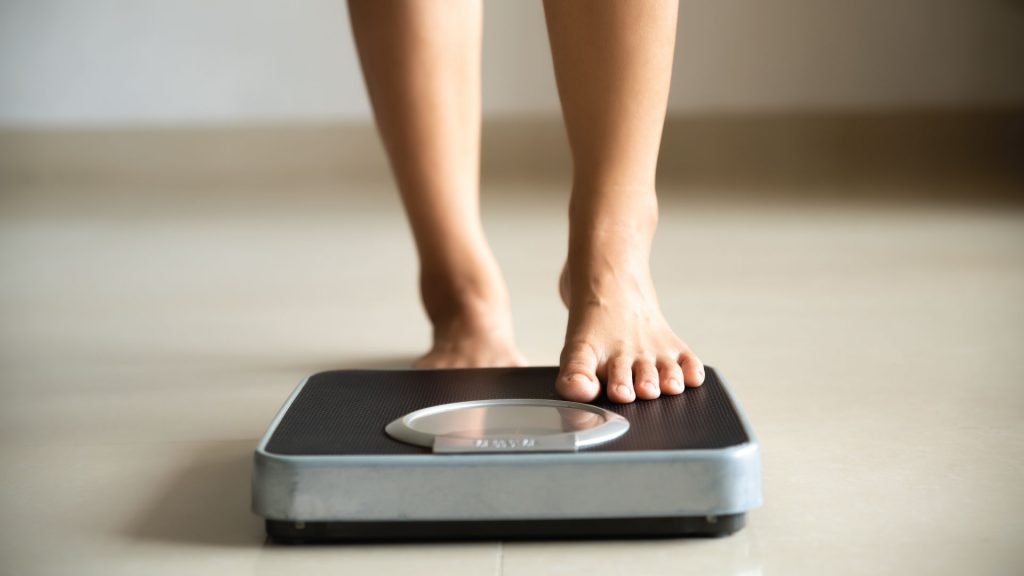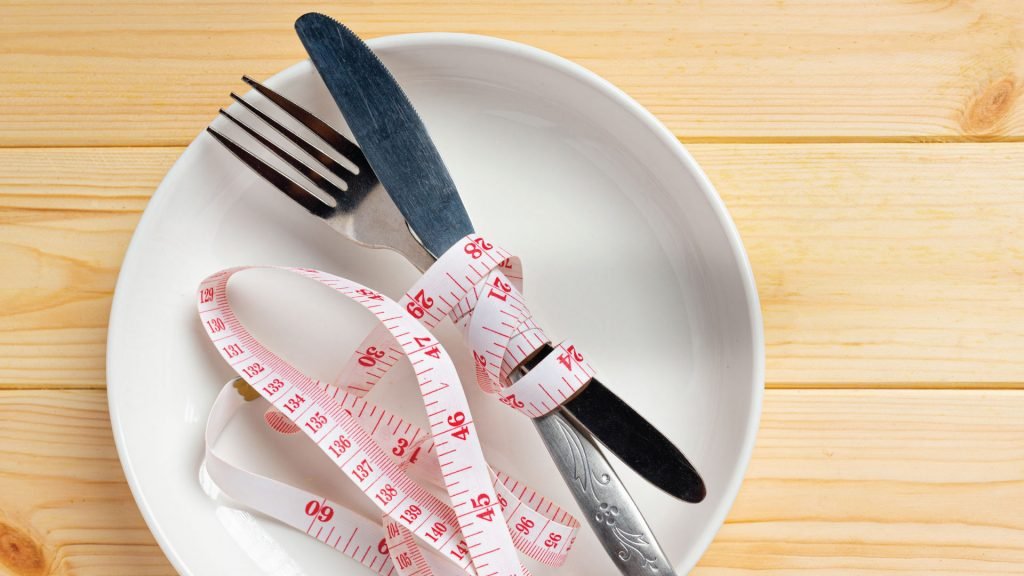Weight Gain and Weight Loss
Is it time for a fresh start?

At the MyDiet Dietetic and Nutrition Center, you can start your new lifestyle NOW and achieve the self you’ve always desired. Whether it’s your first time dealing with weight concerns or you’ve tried and failed in the past, it’s worth making a fresh start. What’s certain is that you need the best guidance and support! We’re here to ensure you get the best possible results.
Dietary tips to reduce your weight:

The reasons that lead to unwanted weight gain, among others, include:
- Changes in our daily routine and lifestyle
- Changes in exercise habits and sedentary lifestyle
- Longer or shorter work hours
- Increased stress
- Inadequate sleep
- Hormonal changes
The above reasons contribute to changes in psychology and health indicators.


What can you do to lose weight?
It is very important to recognize the underlying cause of this weight gain:
- Are your lifestyle habits responsible?
- Is the lack of organization in your daily meals to blame?
- Or has some organic reason contributed?
Depending on the cause, we will find together the steps that will bring you closer to your goal. Our goal is for you to feel good about your body!
Simple daily steps to control your weight:

Choose a nutritious diet:
- Consume daily salads that offer vitamins and plant fibers, essential for the proper functioning of the digestive system and protective against heart disease and most cancers.
- Start your day with a good breakfast. It provides the necessary energy for a good start, preventing you from subsequent “snacking.”
- Consume at least 2 liters of water daily. It is essential for maintaining the body’s water balance and can be a significant source of essential elements, such as fluorine, iodine, etc.
Check your weight:
- Limit the consumption of fatty foods, sugar, and alcoholic beverages.
- Reduce the portion sizes of your meals.
- Increase physical activity (even a half-hour walk). Remember that following a proper diet and exercising simultaneously will keep you healthy and in shape.
Consume less fat:
- Choose lean meats, from which visible fats have been removed (e.g., chicken skin).
- Avoid fried foods.
- Limit the quantity of butter and margarine.
- Use low-fat dairy products.
- Moderate the consumption of internal organs (e.g., liver, kidneys, etc.) and egg yolks.
- Limit foods with hidden (saturated) fats such as chocolates, sauces, mayonnaise, creams, pastries, sweets, chips, shrimps, cookies.
Consume less sugar:
- Avoid or reduce foods containing sugar, such as sweets and soft drinks.
- Reduce sugar in cooking recipes.
- Use more fresh fruits instead of canned ones.
Drink less alcohol:
- Drink alcoholic beverages less frequently.
- Drink with small sips.
- Prefer wine, especially red wine.
- Reserve alcohol for special occasions and only once a day.
Consume less salt:
- Use less salt and salted foods.
- Use less additional salt in foods.
- Use fresh or frozen vegetables more often instead of canned or preserved ones in brine, as they have added salt.
- Limit the consumption of salted snacks such as chips, crackers, etc.
Eat calmly and slowly, at regular times during the day
- Eat calmly and slowly, at regular times during the day, and distribute your meals into 2-3 main meals (breakfast, lunch, dinner) and 2-3 snacks (mid-morning, afternoon, pre-bedtime).
Nutritional advice for weight gain:

The process of gaining weight is equally demanding, in terms of lifestyle changes, as weight loss. There are various reasons that can lead to low body weight. Some reasons are related to organic issues, such as gastrointestinal, and some with our lifestyle, e.g., working hours or excessive fatigue. Nevertheless, it’s important to methodically and organizedly provide your body with what it needs to have energy, intake nutrients, and consequently achieve healthy weight gain.
Weight gain may be necessary for an underweight individual. It may also be a measurable goal for someone aiming to build muscles.


Generally, consuming more calories than the body burns will lead to weight gain. The calorie intake required to achieve this varies from person to person.
People trying to gain weight should also consider the types of food they consume. For example, consuming foods high in sugar is an easy way to increase calorie intake, but it can also increase the risk of developing type 2 diabetes.
General tips for safe weight gain

Eat five meals a day.
Consuming five meals a day can facilitate increased calorie intake.
Systematic training (mainly with weights).
Training at least three times a week is essential. This will help in gaining and maintaining muscle mass.
To continue building muscle mass, one should vary and progressively increase the weight lifted, the number of repetitions, or the number of sets. Compound movements are an effective way to build muscles.
People who exercise regularly need to watch their calorie intake to ensure that they are providing their body with sufficient fuel.
Consume the right amount of protein
A diet with the right amount of protein will support muscle growth.
Foods high in protein include:
- eggs
- meat
- fish
- nuts
- legumes
Eat meals with fiber-rich carbohydrates and healthy fats.
Including foods rich in fiber-rich carbohydrates and healthy fats in each meal will help increase calorie and nutrient intake in the diet.
These foods provide a primary source of energy to maintain a regular level of exercise and support muscle growth. People should use whole-food sources of carbohydrates, such as brown rice and beans, instead of refined and processed sources.
Distinguish between healthy and unhealthy fats. Healthy fats are generally monounsaturated or polyunsaturated fats found in foods such as nuts, avocados, plant oils, and fish.
Unhealthy fats include saturated fats and trans fats. A healthy diet should limit saturated fats and avoid adding trans fats. These types of fats are found in fried and baked foods as well as fatty meats like beef, pork, and lamb.
Drink High-Calorie Smoothies
People with low appetite may find a high-calorie smoothie more appealing than a large meal. These provide calorie-dense nutrients without making a person feel overly full.
You can add the following to a smoothie:
- Fruits
- Low-fat milk
- Milk substitutes (e.g., coconut milk or almond milk)
- Low-fat yogurt
- Oats
- Nuts
- Seeds
- Avocado
- Greens, like spinach
Don’t Give Up!
Arm yourself with perseverance because the body naturally resists changes. A reasonable rate of weight gain is 0.5 kilograms per week, or less for some individuals. Respect the pace your body can achieve and find the conditions that suit you to make it easier.

What Are the Benefits of a Balanced and Specifically Designed Diet for You?

Besides achieving weight-related goals and educating yourself about nutritional food combinations, a weight-loss diet plan tailored to you has many benefits to offer.
- Feeling good about yourself and your body
Many dieters express feeling more energetic and positive about themselves, their daily movements, their clothes, and their overall well-being. They say they are in a better mood. - Improved sleep
Better dietary habits often lead to better sleep quality. Whether for better gastrointestinal function, better hormonal regulation, or both, people following a balanced diet sleep better and feel more rested the next day. - Better self-discipline and guilt-free living
Sometimes, lack of control or discipline alone carries a psychological burden! Learning to properly control dietary issues can significantly change how we perceive some things, the value we give them, and their impact on our lives – usually referring to those that threaten this good control. Besides, you’ll see that learning not to have guilt and remorse about your food choices is refreshing in itself! - Health improvement
Health improvement is undeniable and reflected in many health indicators. Good nutrition, along with physical activity, is, after all, essential means of preventing serious illnesses such as cardiovascular diseases, diabetes, and even some forms of cancer.
Advocate for Yourself. Only You Have This Ability

